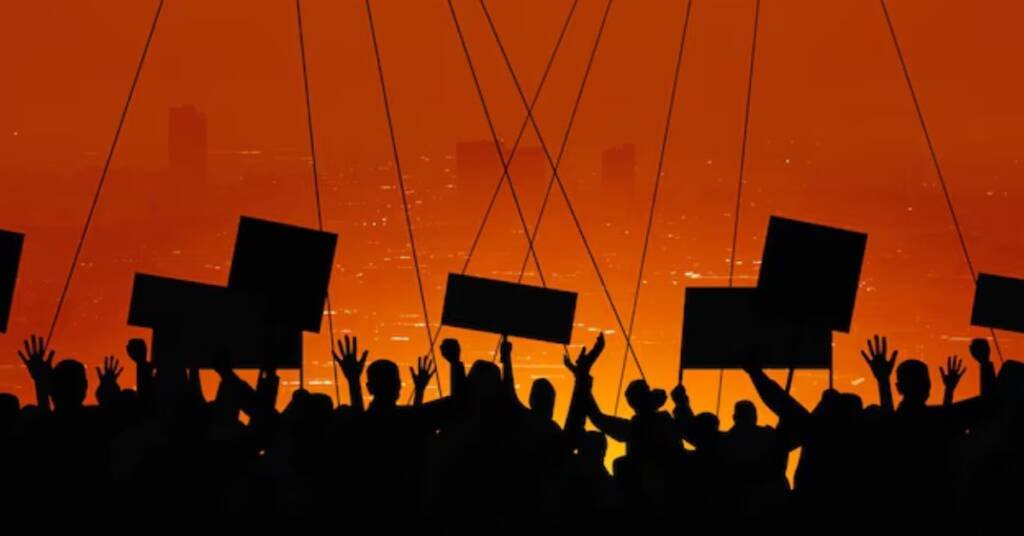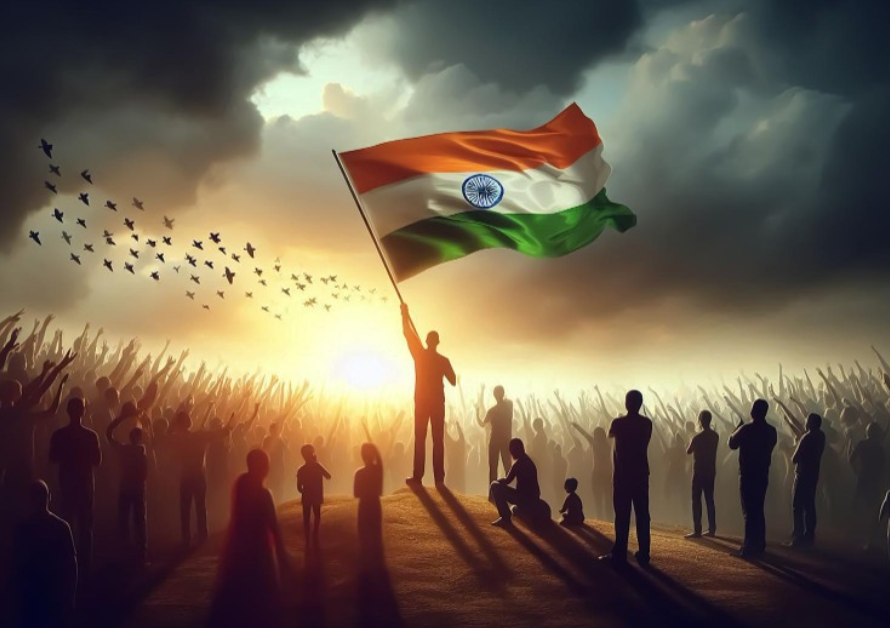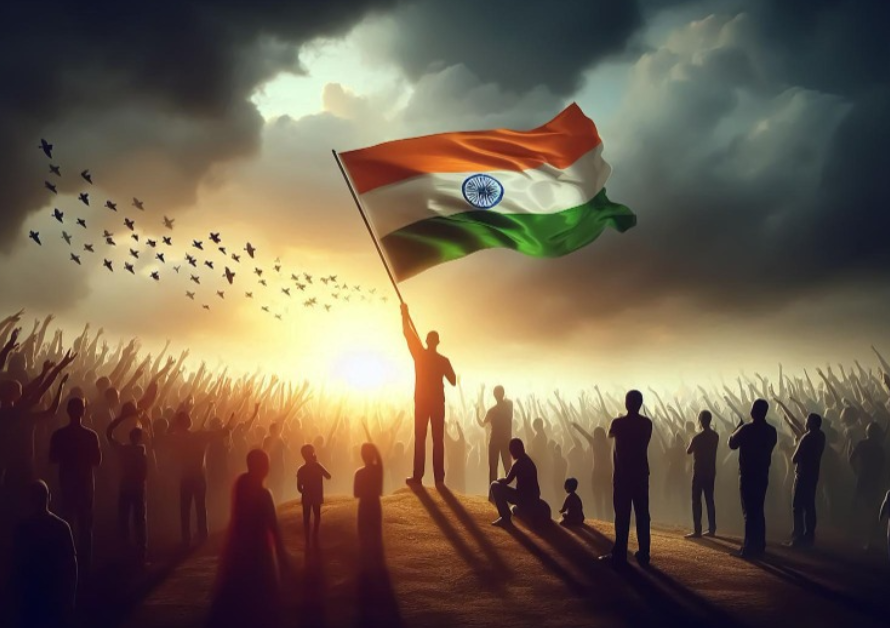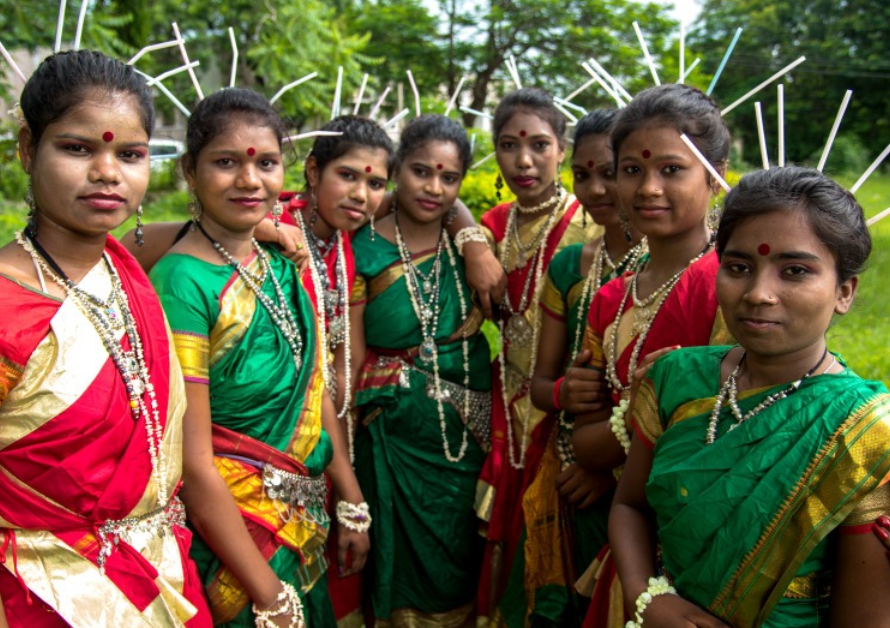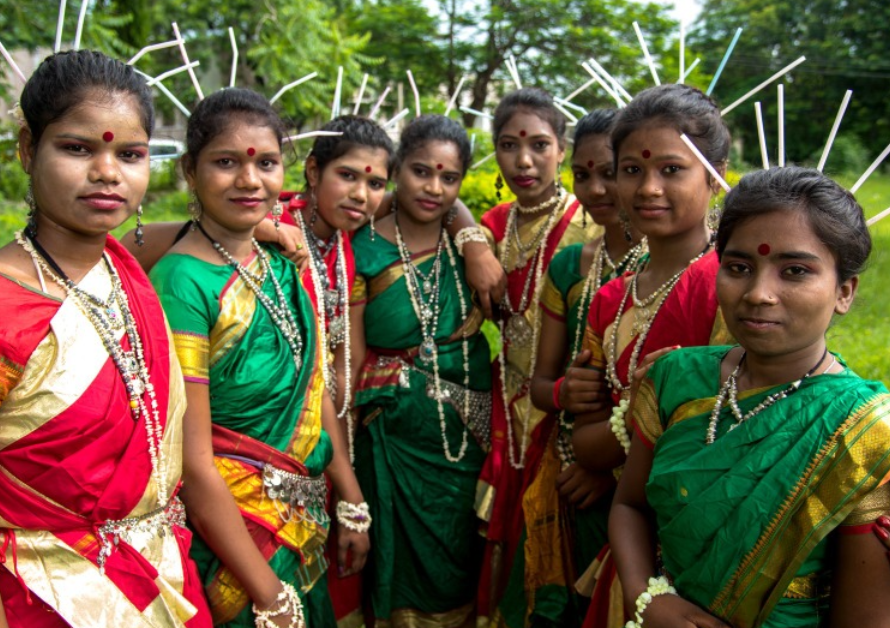The Need to Revisit Articles 28, 29, and 30 of the Indian Constitution
The time has come for every Hindu to deeply understand the implications of Articles 28, 29, and 30 of the Indian Constitution. These provisions, while framed with the intention of safeguarding minority rights, have unfortunately resulted in significant biases and injustices against the Hindu majority. This discrimination undermines the principle of equality enshrined in the very foundation of our Constitution.
Key Points of Discrimination Against Hindus
Religious Education Restrictions for Hindus
Article 30 allows minorities to establish and administer their educational institutions and teach their religious texts (Quran, Bible, etc.) freely.
Hindus, on the other hand, face significant barriers when attempting to teach Bhagavad Gita, Ramayana, or other sacred texts in their schools.
Government Control of Hindu Temples
Hindu temples are subjected to government control, and the revenue generated is often diverted for non-Hindu causes.
Minority religious organizations like mosques and churches are free to manage their own affairs without interference.
Taxation Disparities
Hindu temples are taxed on their income, but no such taxation applies to mosques or churches.
Furthermore, the government provides financial aid to mosques and churches, but not to Sanskrit Vedic schools or Hindu religious institutions.
Preferential Treatment in Scholarships and Loans
Scholarships and monetary benefits are extended to minority students, often at the expense of deserving Hindu students.
Special interest-free loans and facilities are available exclusively for minorities, leaving Hindus excluded.
Cultural and Religious Double Standards
Advocating for the protection of cows, a sacred symbol in Hinduism, labels one as communal, whereas other forms of activism are celebrated.
Chanting “Bharat Mata ki Jai” is often ridiculed as communal, yet anti-national slogans are tolerated under the guise of free speech.
Examples of Discrimination Hindus Face Daily
Haj Subsidy vs. Amarnath Pilgrimage Tax
Muslims receive subsidies for Haj, while Hindus must pay a tax to visit Amarnath.
Hostel Facilities
Government-funded hostels exist exclusively for Muslim students, but similar facilities for Hindu students are rare.
Freedom of Expression
Artists and individuals can insult Hindu deities without fear of repercussions, but questioning figures of other faiths leads to violent backlash and social unrest.
A Global Perspective: An Injustice Unique to India
India stands as a paradox where the majority community is systematically discriminated against while minorities enjoy preferential treatment. This is unparalleled in any other democratic or secular nation.
A Call for Action
Hindus must unite and raise their voices against these biases. It is time to demand amendments to the Constitution that ensure equality for all citizens, irrespective of their religion.
Spread Awareness
Educate fellow Hindus about the biases embedded in these laws. Share this message through all available platforms—social media, discussions, and gatherings.
Demand Equal Treatment
Advocate for amendments to Articles 28, 29, and 30 to ensure equal rights and opportunities for Hindus.
Push for fair management of Hindu temples and equitable allocation of government funds.
Promote Unity
Overcome divisions within the Hindu community and stand united for a common cause.
Join hands with organizations working for Hindu rights and justice.
Engage with Lawmakers
Petition the government to address these issues and bring necessary legislative changes.
🕉 Dharmo Rakshathi Rakshithah 🕉
“When you protect Dharma, Dharma protects you.”
Let us all come together to safeguard our culture, religion, and rights. Spread this message far and wide to awaken the collective consciousness of our community. The time to act is now!

